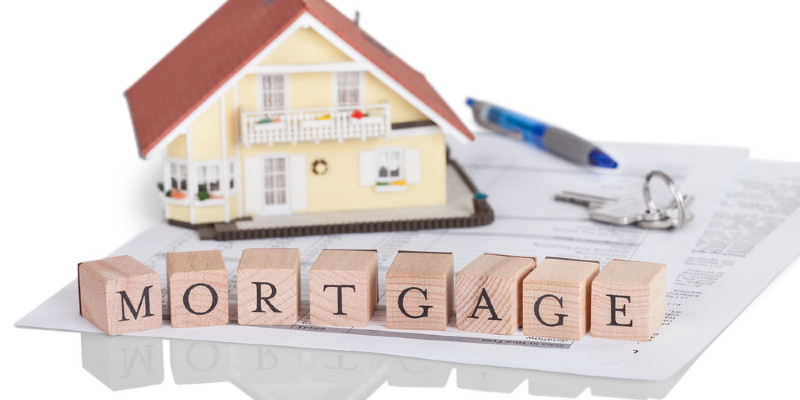
Could the Capital Gains Tax Rate Be Zero about the Sale of a Secondary House?
At any time you sell a home for more than you purchased it for, then you have a capital gain and the government will want its own share. But, there are a couple of provisions which may make it possible for you to either defer the capital gains tax or eliminate it entirely on another home.
Primary Residence Exclusion
The first approach to prevent or eliminate capital gains tax on the sale of another residence or vacation home is to ascertain whether it qualifies for the primary residence exclusion according to your use of their house. Simply speaking, if the next home has served as your primary residence for a couple of years from the previous five years, then it’s possible to use the primary residence exclusion on capital gains up to $250,000 for individuals and $500,000 for married couples filing jointly.
1031 exchange onto a 2nd Home
For years, it was debated if you could do what’s known as a 1031 exchange on another home. What was really at stake was whether the second/vacation home could be thought of a property which was mostly held for”investment or business purposes,” that is the principal aspect to think about on any 1031 market. In March of 2008, the IRS issued Revenue Procedure 2008-16 to provide a safe harbor for individuals attempting a market on the sale of vacation property.
Rev Proc 2008-16 qualifications for a relinquished property
The relinquished property, or property you’re selling, has to meet certain criteria so as to be deemed as being held for business or investment purposes. First, the seller must have owned the house for at least 24 weeks; this time period is known as the qualifying period. Secondly, throughout the two 12 month periods that constitute the qualifying period, the proprietor needs to have rented the property out for 14 days; or, the owner’s personal use of the property cannot exceed 14 days; or the owner’s personal use has to be under 10 percent of the days that it was leased out.
Rev Proc 2008-16 qualifications for a replacement property
In the same way, there’s a 24 month qualifying period to the replacement property too, meaning the property you buy throughout the 1031 exchange. Obviously, that 24 month period will be the 24 months immediately after the purchase. Furthermore, the same lease requirement and use limits through the two 12 month periods from the qualifying period remain.
Special Considerations
It’s essential to notice that the use limitation includes utilization by the house not only by the proprietor or tax-payer, but also by any part of the family not paying market rents.